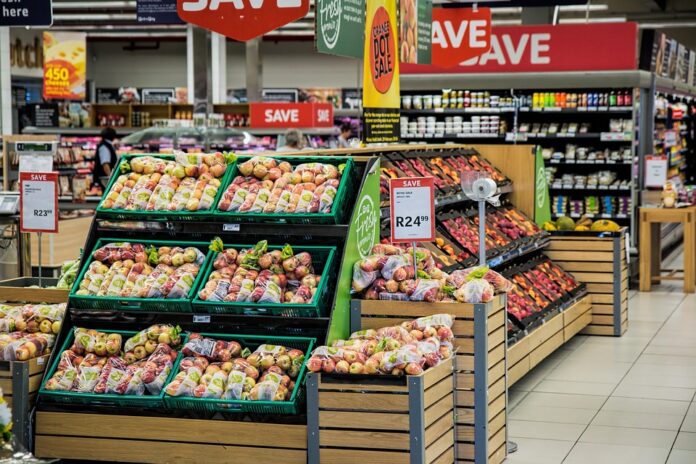Introduction
The grocery store industry in the United Kingdom is highly competitive, with a few key players dominating the market. In this report, we will explore the top 10 grocery store brands in the UK by market share, analyzing their financial data, industry insights, and overall performance.
Tesco
Market Share:
Tesco is the largest grocery store brand in the UK, holding a market share of around 27% as of 2021.
Financial Data:
In 2020, Tesco reported revenues of £57.9 billion, with a net income of £1.8 billion.
Industry Insights:
Tesco has a strong presence in both physical stores and online retail, offering a wide range of products and services to its customers.
Sainsbury’s
Market Share:
Sainsbury’s is the second-largest grocery store brand in the UK, with a market share of approximately 15%.
Financial Data:
Sainsbury’s reported revenues of £32.4 billion in 2020, with a net income of £255 million.
Industry Insights:
Sainsbury’s is known for its focus on quality and sustainability, with a strong emphasis on sourcing local and ethically produced products.
Asda
Market Share:
Asda is the third-largest grocery store brand in the UK, with a market share of around 14%.
Financial Data:
In 2020, Asda reported revenues of £22.9 billion, with a net income of £201 million.
Industry Insights:
Asda is known for its competitive pricing and wide range of products, catering to a diverse customer base.
Morrisons
Market Share:
Morrisons holds a market share of approximately 10% in the UK grocery store industry.
Financial Data:
In 2020, Morrisons reported revenues of £17.5 billion, with a net income of £201 million.
Industry Insights:
Morrisons is known for its focus on fresh produce and local sourcing, appealing to health-conscious consumers.
Aldi
Market Share:
Aldi is a discount grocery store brand with a market share of around 8% in the UK.
Financial Data:
In 2020, Aldi reported revenues of £13.5 billion, with a net income of £182 million.
Industry Insights:
Aldi is known for its low prices and no-frills approach, attracting budget-conscious shoppers.
Lidl
Market Share:
Lidl is another discount grocery store brand, holding a market share of approximately 6% in the UK.
Financial Data:
In 2020, Lidl reported revenues of £9.7 billion, with a net income of £182 million.
Industry Insights:
Lidl is known for its high-quality own-brand products and limited selection, offering value for money to its customers.
Waitrose
Market Share:
Waitrose is a premium grocery store brand with a market share of around 5% in the UK.
Financial Data:
In 2020, Waitrose reported revenues of £6.8 billion, with a net income of £182 million.
Industry Insights:
Waitrose is known for its focus on quality and luxury products, catering to a more affluent customer base.
Co-op
Market Share:
The Co-op is a cooperative grocery store brand with a market share of approximately 4% in the UK.
Financial Data:
In 2020, the Co-op reported revenues of £5.5 billion, with a net income of £182 million.
Industry Insights:
The Co-op is known for its ethical and sustainable business practices, appealing to socially conscious consumers.
Iceland
Market Share:
Iceland is a frozen food specialist with a market share of around 2% in the UK.
Financial Data:
In 2020, Iceland reported revenues of £2.8 billion, with a net income of £182 million.
Industry Insights:
Iceland is known for its affordable frozen food offerings, catering to budget-conscious shoppers.
Conclusion
In conclusion, the grocery store industry in the United Kingdom is dominated by a few key players, each offering unique products and services to cater to different customer segments. By analyzing the market share, financial data, and industry insights of the top 10 grocery store brands, we can better understand their performance and position in the competitive UK market.



